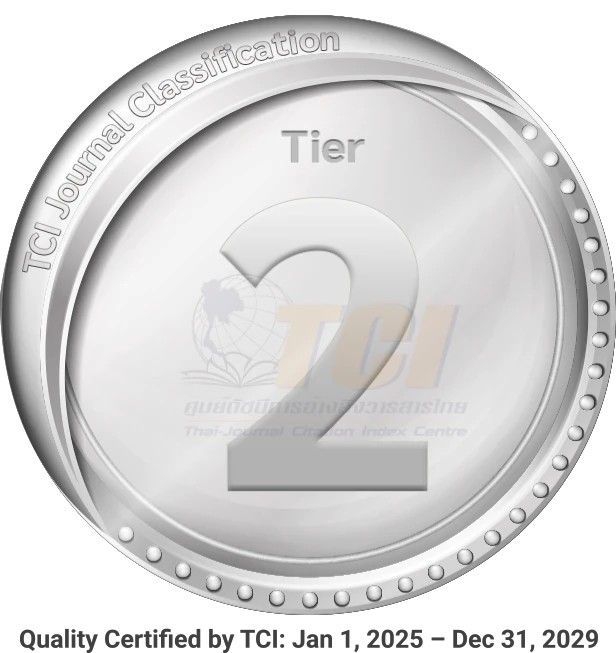Thai University Students' Attitudes toward the Use of the Internet in Learning English
Abstract
The main purpose of this study was to explore Thai university students' attitudes toward the Internet use in learning English as a Second Language (ESL). The study also investigated the students' frequency of the Internet use in learning English, perceived computer skills, and factors affecting their Internet use. The participants in this study were 480 Thai English majors and non-English majors enrolled as full time students at eight large-sized universities--four in Bangkok and four in other regions of the country. Sixteen students were later selected for in-depth interviews. The quantitative data were analyzed by means, standard deviations, and qualitative data by content analysis. The quantitative results showed that the participants most frequently accessed the Internet at home and encountered limitation from too many users on the Internet and limited server capacity. They perceived themselves as good at basic Internet applications. Those interviewed participants reported three factors affecting their Internet use: field of study, computer skills and geographical area. Overall, the participants had positive attitudes toward the use of Internet in learning English.



